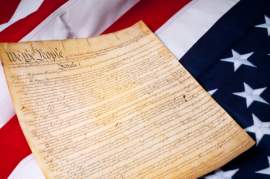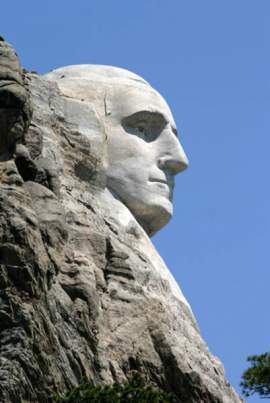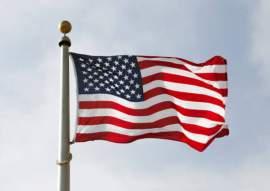
Lochner v. New York

Popular In Constitution
Purpose Of Lifetime Appointment And Pros And Cons Enumerated Powers Bicameral Legislature Background Article 3 Of The Constitution We The People 1st Amendment Who Wrote The Constitution Judicial Review Equal Protection Clause 5th Amendment 10th Amendment Three Fifths Compromise
Lochner v. New York (1905) was a significant United States Supreme Court ruling which held that the Fourteenth Amendment of the United States Constitution provided individuals with the liberty of contract. The Court held that the Fourteenth Amendment includes the protection of personal rights.
The Laws of 1897 were enacted in the State of New York and
required, among other things, that
people working in a bakery must not work more than ten hours per day or sixty
hours per week (called the Bakeshop Act). Joseph Lochner was the owner of a
bakery who was fined for requiring an employee to exceed these employment
hours. Lochner appealed this conviction and, after losing two appeals, he
eventually appealed to the United States Supreme Court.
Lochner claimed that his rights, specifically those laid out in the Fourteenth Amendment, were being violated. The Fourteenth Amendment guarantees all citizens due process of the law before being deprived of "life, liberty, or property". This Due Process Clause was shown in previous cases to limit the amount of control the Government was able to exercise over citizens. The type of control specifically questioned in this case was the ability of the Government to dictate the type of labor contracts people are permitted to engage in.
Lochner enforced his right to
freedom of contract. Lochner’s attorney argued against the defense saying that
the Bakeshop Act was not protecting the health of bakery workers because modern
bakeries were sufficiently ventilated.
The United States Supreme Court's decision, written by Justice
Rufus Peckham, held that the Bakeshop Act was unconstitutional. Peckham
acknowledged that, although the freedom of contract doctrine was not unlimited,
it did protect Lochner in this case. The Supreme Court Justice went on
to say that some labor restrictions by the Government are necessary to protect
individuals who are being exploited, but that this does not apply to bakers.
NEXT: Major Cases-US v Nixon





















